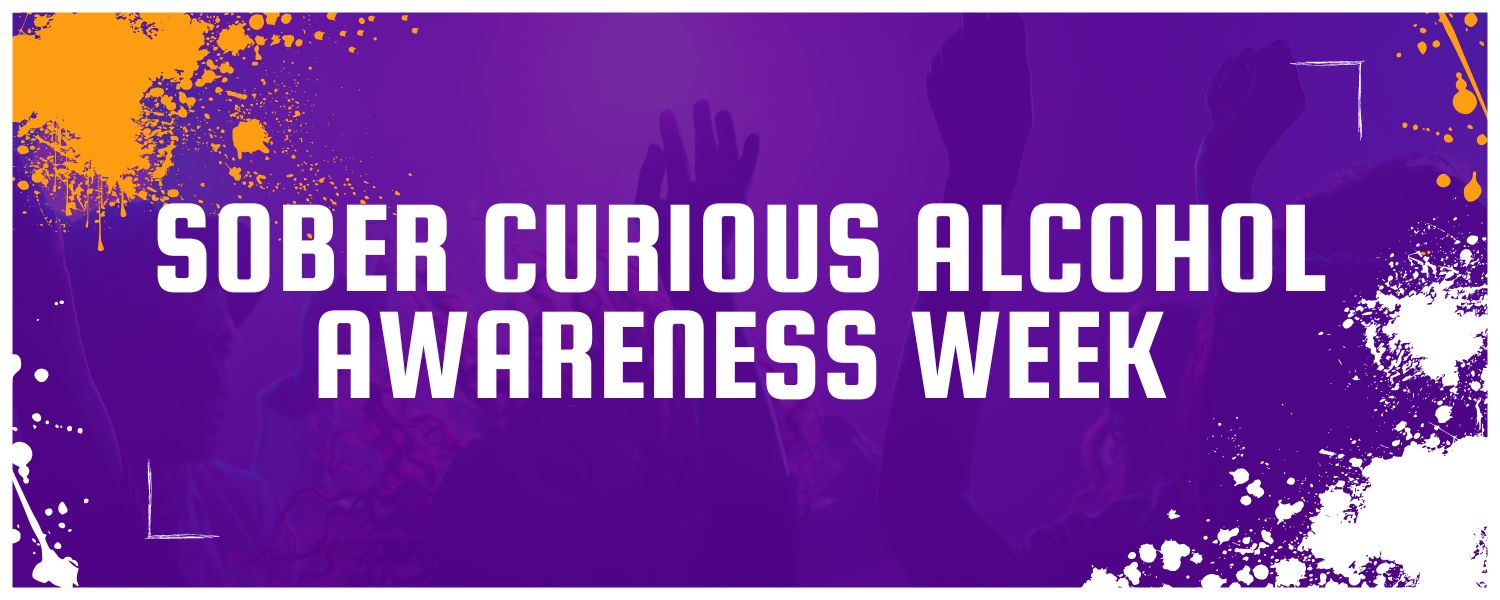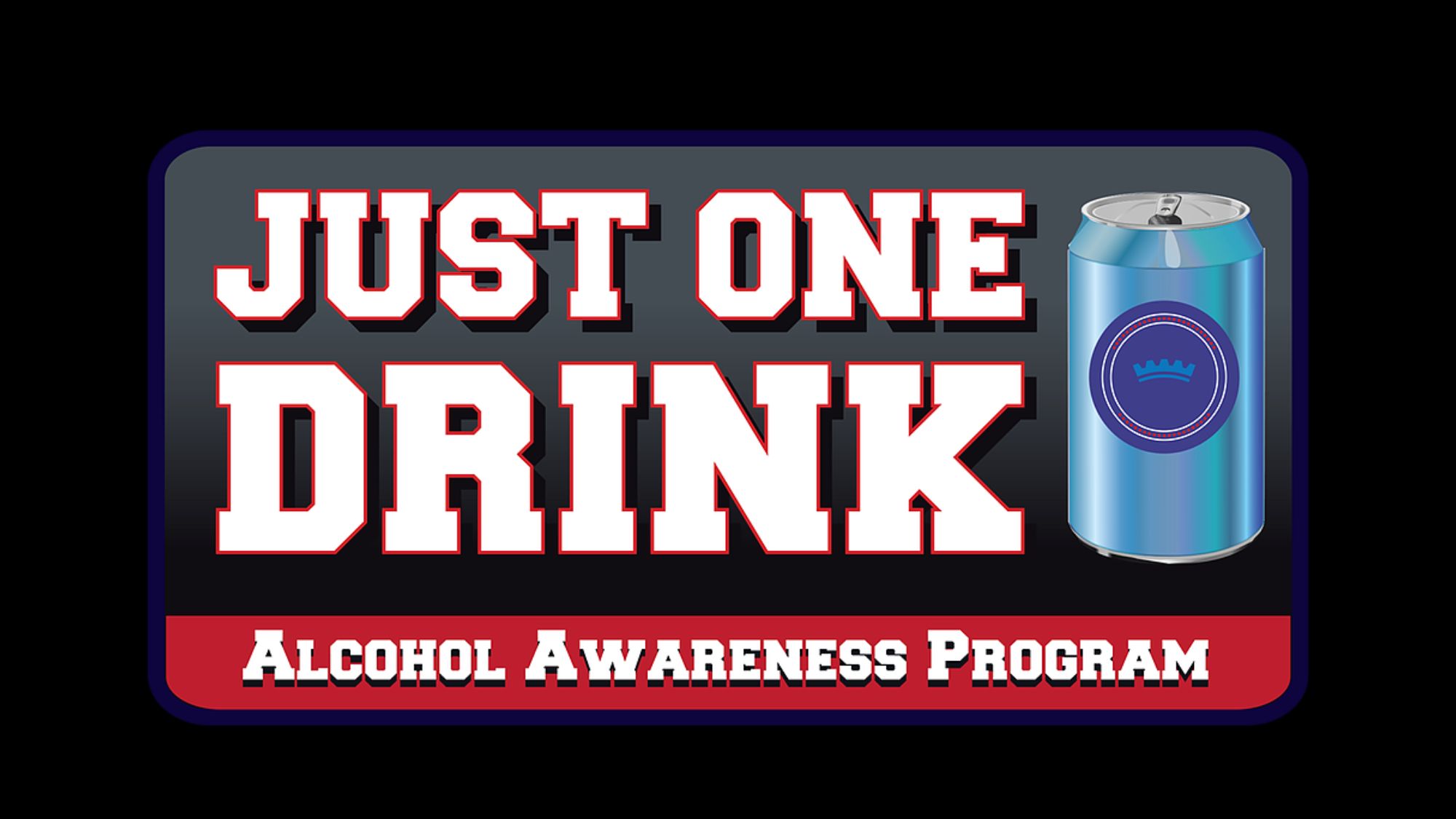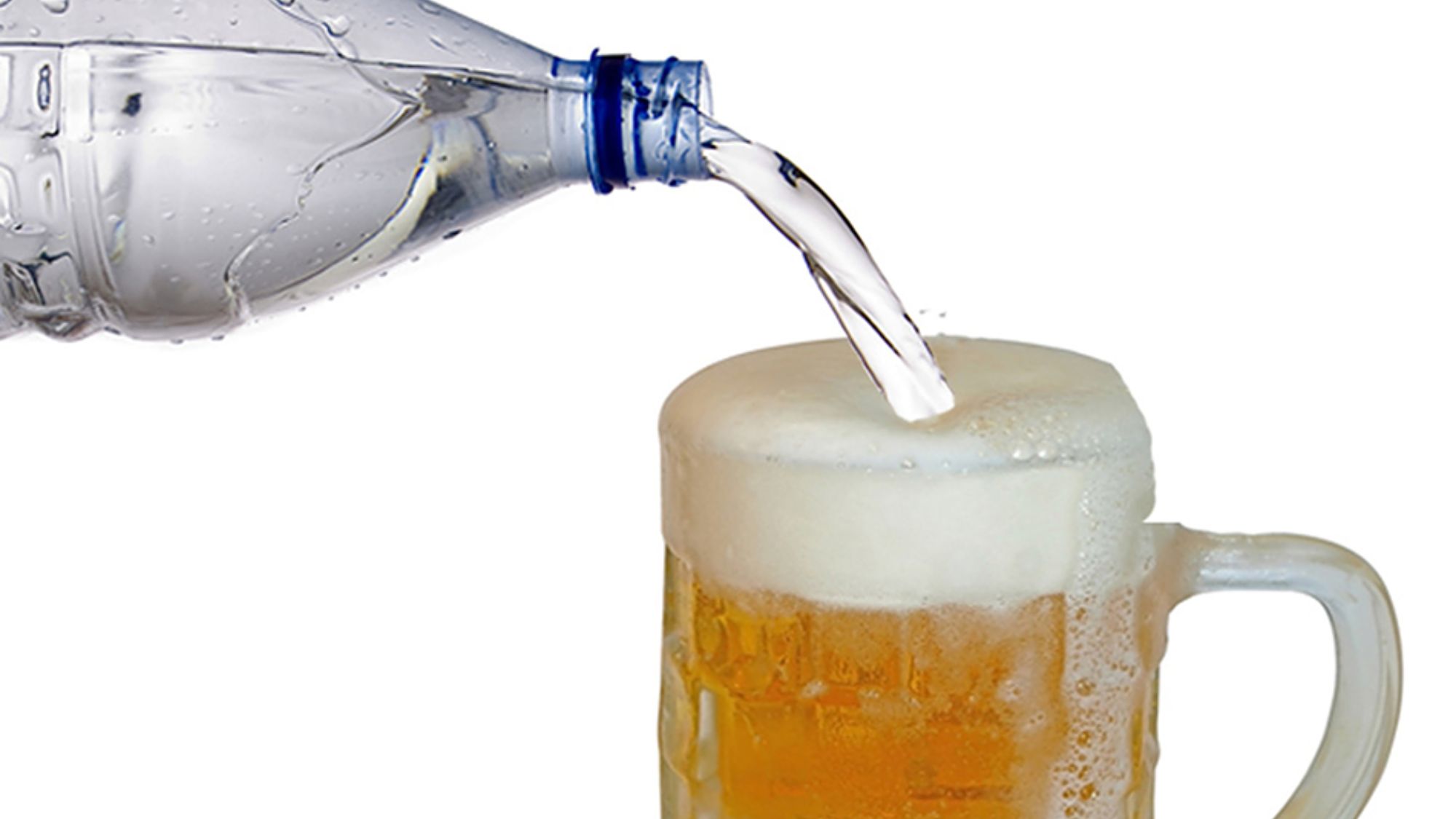
With National Collegiate Alcohol Awareness Week just around the corner, it’s a great time to talk about the “Sober Curious” movement—a growing trend that invites people to rethink their relationship with alcohol. The idea behind Sober Curious Alcohol Awareness is not about strict sobriety but rather about questioning how and why we drink, and finding new ways to connect socially and personally without relying on alcohol.
What Does It Mean to Be Sober Curious?
Being Sober Curious is about getting curious—simple as that. It’s about taking a step back and asking, “Why do I drink? Do I actually enjoy it, or is it just something I do because everyone else is?” There’s no pressure to give up alcohol entirely or label yourself; it’s more about making mindful choices that feel right for you. For college students, who are often surrounded by social situations where drinking is the norm, embracing Sober Curious Alcohol Awareness can be refreshing and empowering.
Why the Sober Curious Movement is Gaining Popularity
So, what’s the appeal of the Sober Curious lifestyle? For many, it’s about improving their health, both mentally and physically. People who cut back on alcohol often report better sleep, more energy, clearer skin, and less anxiety. For college students, this can mean feeling more focused in class, having better conversations, and enjoying social events without the next-day regrets. By participating in National Collegiate Alcohol Awareness Week, students can explore what it means to live fully and intentionally, without feeling like alcohol has to be part of the equation. This is the heart of Sober Curious Alcohol Awareness.
Making the Most of National Collegiate Alcohol Awareness Week
National Collegiate Alcohol Awareness Week, held each October, is a great time for students to take a closer look at their drinking habits and consider trying something different. It’s an opportunity to introduce Sober Curious Alcohol Awareness ideas on campuses, offering students a new perspective on socializing and connecting. Colleges can use this week to promote healthier choices and encourage conversations about alcohol that don’t feel preachy or judgmental.
Engaging and Educational Alcohol Awareness Programs for Your Campus
If you’re looking to bring the Sober Curious mindset to life during National Collegiate Alcohol Awareness Week, consider incorporating these engaging and thought-provoking programs:
- Party S.M.A.R.T.: Strategies for Mindful Alcohol Responsibility Training
Host a Party S.M.A.R.T. workshop, where students learn practical ways to have fun while making mindful decisions about alcohol. This interactive program encourages students to understand the impact of alcohol on their lives, develop safe drinking strategies, and explore alternatives to alcohol-centric events. - Hypnotic Intoxication with Keith Karkut
Ever wondered what it feels like to “get drunk” on water? Keith Karkut’s “Hypnotic Intoxication” brings this unique experience to your campus. During this two-part presentation, Karkut uses hypnosis to show students the effects of alcohol without them actually drinking. It’s a powerful, eye-opening experience where participants “drink” bottled water but act as if they’ve consumed alcohol. This program reveals how alcohol can impair judgment and behavior while leaving students with a memorable message about responsible drinking in line with Sober Curious Alcohol Awareness. - Just One Drink: Alcohol Education That Works
Combine comedy with education in Adam Ace’s “Just One Drink,” an interactive presentation that uses humor to talk about alcohol use and abuse. Adam engages students with real-life scenarios and practical advice on how to drink responsibly, set personal limits, and handle peer pressure. With a mix of stats, storytelling, and jokes, this program makes learning about alcohol safety both fun and impactful while supporting the Sober Curious Alcohol Awareness initiative. - Maximize Your Buzz: A Fun and Insightful Alcohol Awareness Seminar
“Maximize Your Buzz” turns traditional alcohol education on its head with a fresh, no-nonsense approach. This seminar explores the personal values behind drinking choices rather than simply saying “don’t drink.” Students will learn how to avoid hangovers, make smart decisions, and understand their motivations for drinking. It’s a program that challenges students to think about who they are and how their choices reflect their true selves, all while keeping it light and engaging—perfect for promoting the Sober Curious Alcohol Awareness conversation.
These programs are designed to encourage reflection and discussion around alcohol use in a way that feels approachable, engaging, and even entertaining. By incorporating these events into National Collegiate Alcohol Awareness Week, you can foster a more inclusive and informed campus culture that supports a wide range of choices around alcohol.
A Movement for Everyone
At its core, the Sober Curious movement is about choice and self-discovery. It’s not about saying “never” to alcohol; it’s about choosing “maybe not today.” During National Collegiate Alcohol Awareness Week, campuses have a unique opportunity to start conversations and create environments where all students—whether they choose to drink or not—feel comfortable, accepted, and informed. By focusing on Sober Curious Alcohol Awareness, schools can create a week of activities that are both eye-opening and enjoyable.
So this October, let’s use the week to explore new ways of thinking about alcohol, make room for healthier choices, and encourage everyone to get a little more curious about what life might look like without the usual drink in hand. Sober Curious Alcohol Awareness can make this week a transformative experience for everyone.

The Hot Mic
- Fall Campus Music Events: Celebrate Culture, Creativity, Community and Entertainment July 3, 2025
- Ready, Aim. Laser – A Guide to How to Rent Laser Tag for Your Event June 26, 2025
- Pop Up Union Bash: Bring Campus Programming to the Next Level June 26, 2025
- 10 Company Event Entertainment Ideas for Your Next Corporate Shindig June 20, 2025
- Personalize Your Space: Top Make and Take Ideas for Your Dorm Room June 19, 2025
- Rediscover Live Entertainment: Reconnecting Students Through the Power of Performance June 19, 2025
- Celebrate Pride with Purpose: Impactful Event Ideas June 4, 2025
- Orientation Event Ideas for College Success May 29, 2025
- Closing Mental Health Awareness Month: What Students Go Through & How We Aim to Help May 29, 2025
- Live Events Create Connection: Real Experiences You Can’t Get on Your Phone May 21, 2025
- DIY Supplies for Homegrown Programs: Creative Activities Delivered to You May 14, 2025
- Getting Ready for College Welcome Week? Here are some ideas! May 14, 2025
- Relaxing Event Ideas for Mental Health Awareness Month May 8, 2025
- Bring Human Connection Speakers to Your Campus or Corporate Event April 30, 2025
- 5 Reasons to Bring a Mobile Splatter Room to Your Event April 29, 2025
- Live Interactive Hypnotist Event: A Mind-Blowing Entertainment Experience April 24, 2025
- Empowerment Through Awareness Programs: Alcohol & Sexual Assault Programs April 16, 2025
- Speakers for Any Event | Neon Has You Covered! April 11, 2025
- Powerful Spoken Word Artists Move From Stage to Page with New Books April 11, 2025
- Interactive Escape Room Experience – Can You Escape? April 1, 2025
Party S.M.A.R.T.
Maximize Your Buzz
 Just One Drink
Just One Drink
 Hypnotic Intoxication
Hypnotic Intoxication
Contact Us for your National Collegiate Alcohol Awareness Week Programming Needs:

